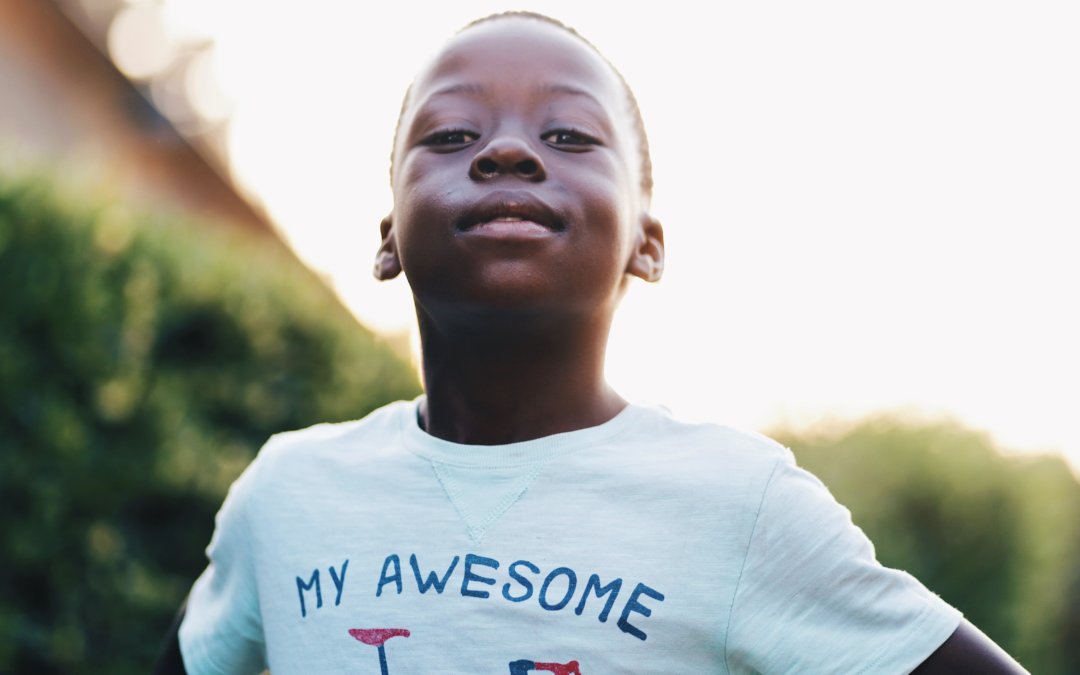Our hearts are breaking. But they break every day. We see the pain. It’s in our homes. It’s down the street. It’s in the system where we work for the best outcomes for young lives impacted by child welfare. In the midst of a national pandemic, another lethal reminder that our society is not caring for all equally has once again reared its head. Racism. The African American community has faced yet another layer of trauma based on the horrific events of the past few weeks that sadly show the worst of America.
Systemic racism has limited people of color from freely accessing the basic services needed for families and children to thrive. Housing, living wages, access to healthy food, equitable health care outcomes, and affordable childcare are just a few of the social systems that lead to the disproportionate representation of African Americans in the child welfare system.
As in the case of the rest of our work to support children and families impacted by child welfare, we know firsthand the injustice of systemic racism as we have lived it since childhood and fought against it while at the table serving on behalf of all children.
“As I sit here thinking about all the events my of life and the recent horrors unfolding in our country, my head is reeling. Yes, we can, will, and should protest an unfair and unjust system. Yes, we should reach out to our social network asking them to join in conversations. But none of that takes care of the fact that when I stop and think about the world I live in as a black male, I am terrified. I leave the house terrified. Each day I have to wonder if I will be the next among innocent people of color who sparks community change and outrage at the cost of my life. I feel scared to celebrate who I am because much of my identity is tied to persecution and historic trauma.” – Nathan Ross, FosterAdopt Connect
“As a young biracial woman, I fear for the day when my sweet, innocent girls will experience racism and hurt because they are brown. At a young age, our children are sweet and innocent, perceived as a beautiful child not yet matured into adulthood, therefore not perceived as a threat to society. However, at what age was George Floyd first perceived as a threat? When he was able to walk? Talk? Ride a bike? Or when he became an adolescent bigger than most adults? We as a society need to open our eyes and realize that the problem is not with George Floyd or our children. The problem is with our perception because even as sweet and innocent children, black is perceived as a threat. We have to do better.” – Ashlynn Stiles, FosterAdopt Connect
Now is the time to wake up. We recognize that we still have much to learn. We are not satisfied with waiting on others to create change when we see the need in our broken system. Because our work is often at the intersection of many families and institutional systems, we have a unique opportunity to bring inclusive change to systems set up to disenfranchise.
FosterAdopt Connect is taking steps to become the change we wish to see in the world. We will start with ourselves first by training staff, seeking outside input, and examining our internal policies. We will also take a hard look at policies and procedures at the legislative levels to address the systemic over-representation of African American children in the foster care system, create a cross-cultural support group for youth to inform our work and empower them with their unique voice, and increase training opportunities for parents.
We look forward to seeing the rest of the child welfare community, and even those outside of this system, take up the challenge of examining one’s perspective and making changes that will allow citizens of color to feel like they can have the same normalcy and privileges as other members of their community. We cannot allow ourselves to continue to point fingers at those who we believe are doing it incorrectly and not take the vulnerable step of questioning our own stances, beliefs, and actions. It’s time.

